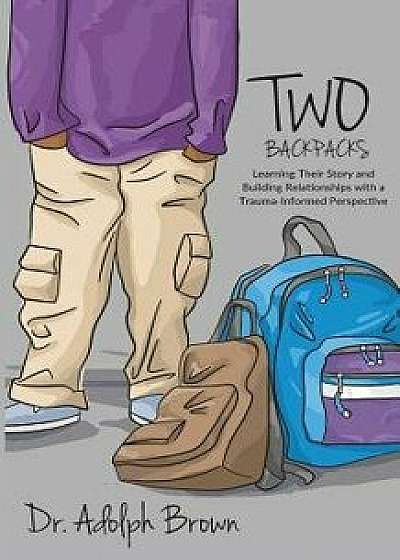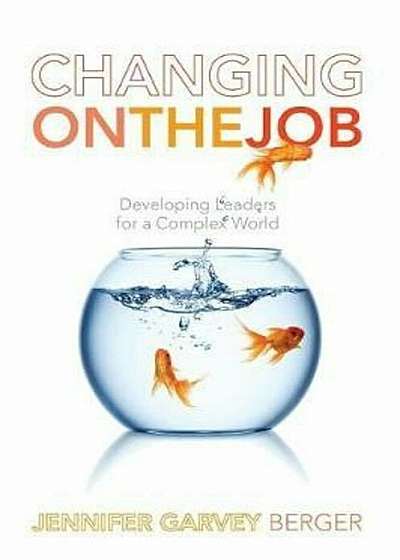
Building Capacities to Evaluate Health Inequities: Some Lessons Learned from Evaluation Experiments in China, India and Chile
Descriere
The World Health Organization defines health inequities as differences in health outcomes that are systematic, avoidable, and unjust; and the result of poor social policies, unfair economic arrangements, and bad politics. This volume describes the role that evaluations can play in addressing health inequities. A key focus is on the types of capacities that need to be built to evaluate inequities.
Bringing alive these questions around evaluation capacities are theory and practice studies from China, Chile, and India.
This volume:
Focuses on inequities in evaluation capacity building initiatives. Argues evaluations can be interventions themselves. Explores how evaluations can have influence in addressing inequities. Recognizes that innovations in evaluation capacity experiments are occurring in diverse countries and we have the opportunity to learn from such initiatives.
This is the 154th issue in the New Directions for Evaluation series from Jossey-Bass. It is an official publication of the American Evaluation Association.





